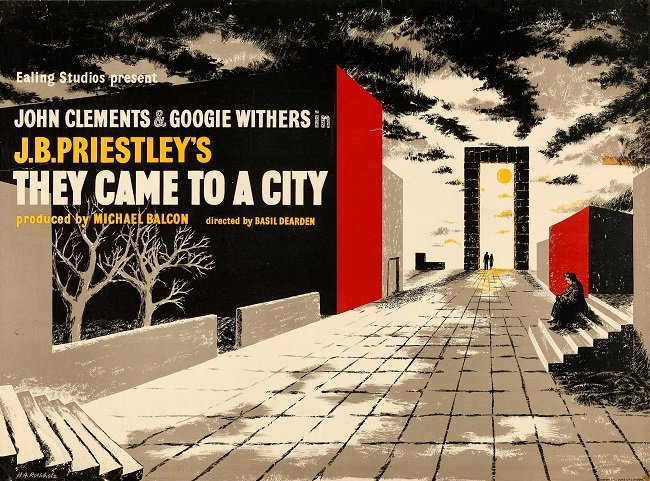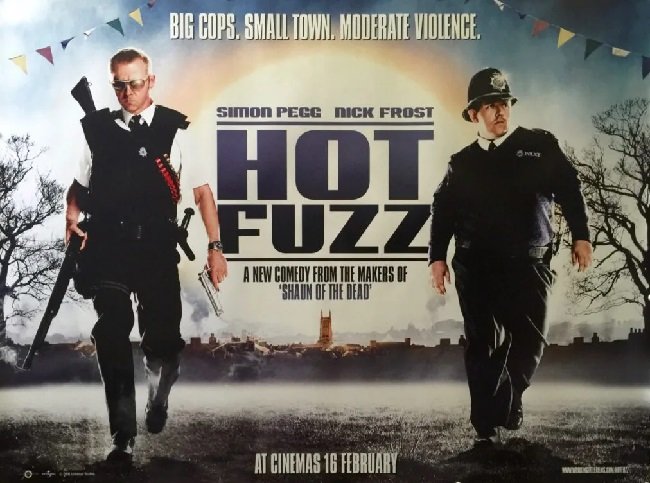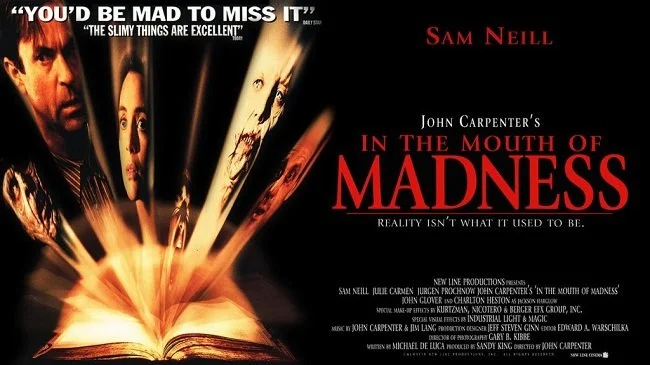Death Sentence Unrated (2007)
Urban vigilantes have always been a mainstay of exploitation cinema. Then in 1974, the commercial success of Death Wish brought the revenge thriller sub-genre in to the mainstream. It succinctly tapped into the public's fear of urban decay, escalating crime rates and an impotent justice system. However, in recent years the tide of lawlessness has broadly turned and the public's views on crime and punishment have been tempered. Subsequently the appeal and relevance of vigilante genre has waned. However, a decade ago there was brief resurgence of movies that tackled this thorny issue, although they did so in different ways. Neil Jordan's The Brave One (2007) pursued a more cerebral approach to the genre, attempting to intellectually or philosophically justify its themes of revenge. Then in 2009, Law Abiding Citizen, took the theme of retribution to extreme levels, with a farfetched plot and outrageously contrived death scenes. Sitting in-between these two movies was James Wan’s Death Sentence, which put a contemporary spin on what was essentially a very eighties style of movie. Sadly, the film did not garner much attention at the time, with the press quick to dismiss it as exploitation fodder dressed up in studio trappings. Yet the film is more than that mainly due to the lead performance by Kevin Bacon.
Loosely based on the Brian Garfield novel, Death Sentence starts with successful risk analyst Nick Hume (Kevin Bacon) taking his eldest son to his Hockey match. A chance stop at a Gas Station on the wrong side of town, ends with his son being murdered by a gang. The impact upon the Hume family is immediate and as the parents grieve for their eldest, they seem to overlook the needs of their youngest son. When the perpetrator is arrested, the DA feels that he cannot secure a life time conviction and aims to plea bargain for a shorter sentence. Furthermore, it becomes apparent that robbery was incidental and the murder of Hume’s son was a gang initiation ritual. At the pre-trial hearing, Hume deliberately implies uncertainty in his own evidence, securing a dismissal for the prime suspect. Hume then rashly plots and hastily carries out his revenge, only to make matters far worse for himself and his family.
Although Death Sentence is a thriller with strong action scenes, it does not totally capitulate to the baser needs of the genre and tries to explore the subject matter with a degree of rigour. Kevin Bacon is credible as a man whose job is based around numbers, risk and statistical balance. Although he may not know how to fight, his intelligence makes him a dangerous wild card. Yet, where other movies would simply have him glibly triumphing over his foes, director James Wan shows that there are consequences to his actions. Hume makes several errors that allow the gang to identify him. Tragedy begets tragedy and retributions comes with little satisfaction. It is here that Bacon excels, delivering a credible and sympathetic performance as a man out of his depth, driven purely by his convictions.
Technically, Death Sentence is well constructed. There is a notable chase scene that takes the audience through litter strewn alley ways, a restaurant kitchen, ending in a multi-storey carpark. There is a superb three-minute tracking shot by cinematographer John R. Leonetti, that really places the viewer in to the middle of the action. The set pieces are also well conceived and gritty. Nick Hume is an academic, not a fighter, yet he’s smart enough to use what is available as make shift weapons. In one scene, he literally pulls the rug out from under a gang member pointing a gun at him. The violence is relatively realistic and grim, which is appropriate given the subject matter. There is a particularly nasty shotgun amputation, which trumps a similar scene in Steven Seagal's Out for Justice. An obvious homage to Taxi Driver is also crow barred into the proceedings. One particular aside amused me, where our Hume familiarises himself with the firearms he bought by reading the manual. It not as preposterous as it initially seems.
Death Sentence also benefits from an interesting supporting performance from John Goodman, playing against established preconceptions, as a sleazy gun dealer. His slow and measured delivery of his lines is entertaining and he has an amusing soliloquy about the death, revenge and cash paying customers. Garrett Hedlund has less to do as the story’s main antagonists, Billy Darley. The complex relationship he has with John Goodman is only hinted at and would have been an interesting angle to explore further. Too often, genres such as this coast somewhat when defining their villains. It is easy and convenient to establish a character’s evil intent simply by them committing an act of violence. Similarly, most of the gang are merely cannon fodder. Also, Detective Jessica Wallis (Aisha Tyler), who is investigating the Hume case, is more of a expositionary device than a fully rounded character.
However, despite some rough edges and lazy trappings from the exploitation genre, Death Sentence still manages to do something sufficiently different. It certainly is not meant to be a serious social or political study of crime and punishment. Conversely, it’s not a tacit endorsement of personal justice, like Michael winner’s movies. It offers a contemporary entry point into the vigilante genre for a whole generation of viewers who are unfamiliar with movies such as Death Wish or The Exterminator. It also showcases a change of direction for James Wan, who is usually associated with horror movies. Out of the two cuts of the film that are available, I would suggest that the unrated version is better than the theatrical cut. In this instance, there is no extra action or violence. Just five minutes of additional scenes that bolster the narrative. A nominal change made to the final scene also offers a definitive and sombre ending.




























